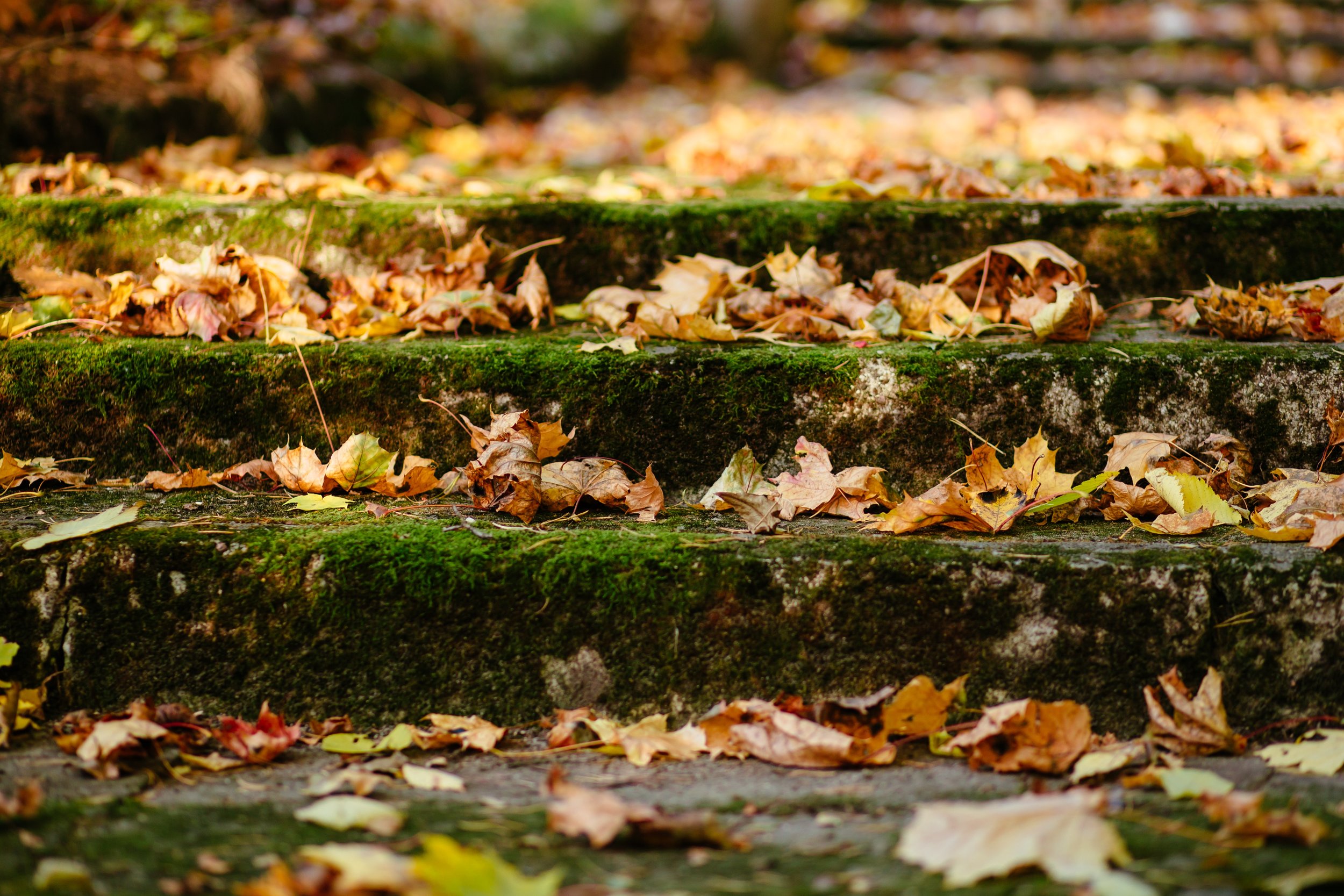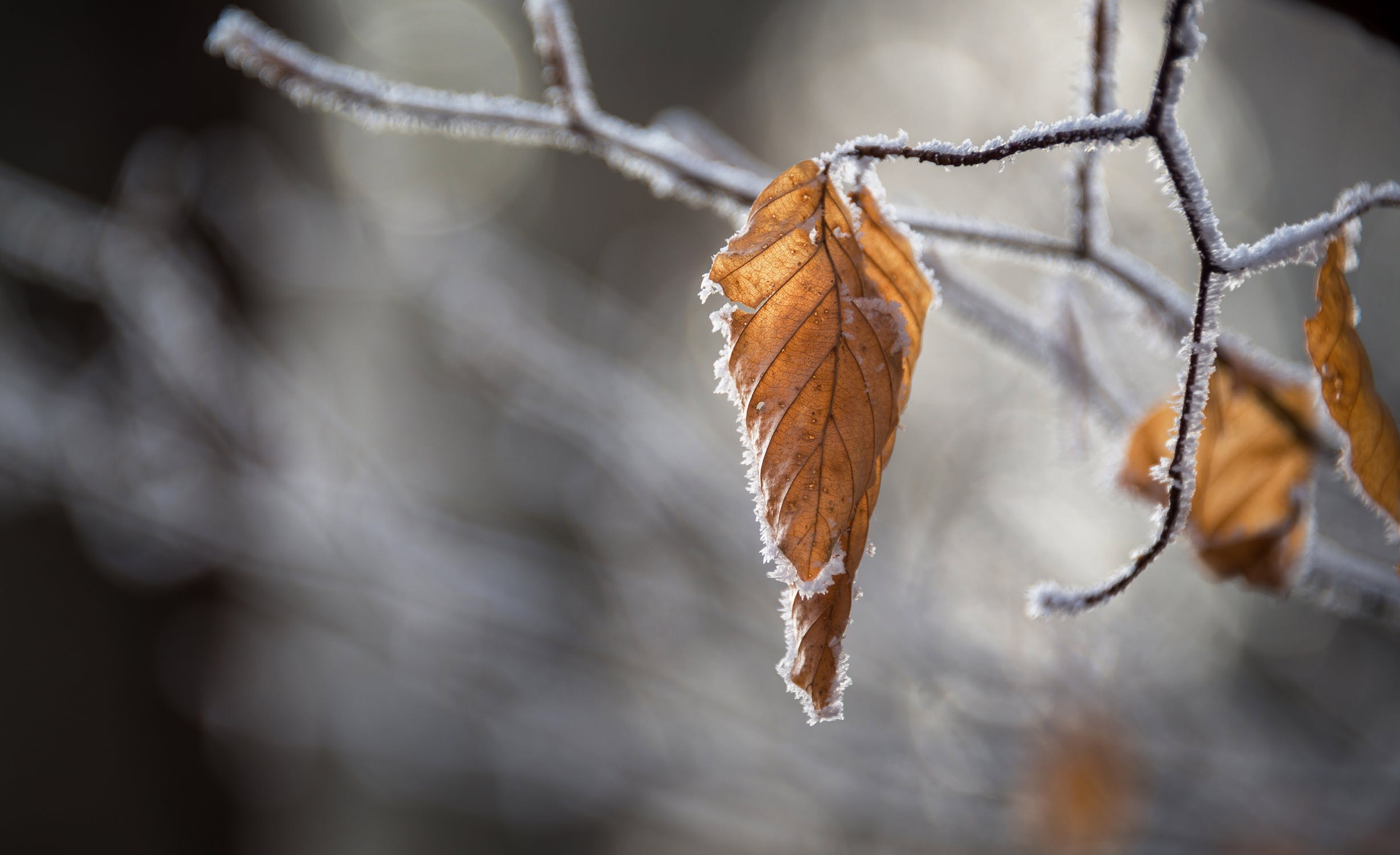As the days become shorter and cooler, plant growth slows and gardens prepare for a much-deserved rest. With fewer daylight hours, water remains in the soil for a longer period of time, and less irrigation becomes necessary. Scale back the amount of time your irrigation system runs in the fall to avoid soggy conditions and mud. Some plants are particularly sensitive to overly wet soil, and root health may begin to decline if left standing in water for too long. Reducing your irrigation schedule will reduce your water bill and keep your garden looking good into the winter.
Check irrigation schedule, functionality and clean filter
Summer days are long and hot, which can make for water-stressed plants if not properly irrigated. Be sure to check the schedule on your irrigation system and adjust as necessary so plants stay hydrated but not over-watered. A “smart” controller with a localized weather sensor is a water-wise way to provide just enough irrigation to your garden while keeping your water bill to a minimum. Look out for clogged drip line emitters, and take a moment to remove the filter and clean off any accumulated debris. Filters should be cleaned twice each year (more often if water contains higher than normal particulate matter). Scrubbing the filter with an old toothbrush and rinsing works very well to remove dirt and algae that may interfere with water pressure in the irrigation lines. Spend a little time to take care of your irrigation system, and you will never have to worry about watering your plants.
Fertilize citrus, roses and fuchsias
Fertilize citrus, roses and fuchsia monthly beginning in March and continuing through October. Roses thrive with a specialized rose fertilizer. For citrus and fuchsia, apply an acid fertilizer.
If citrus leaves turn yellow
During the cooler winter months, you may notice the leaves of your citrus trees looking a bit pallid. This could be an indicator of a lack of nutrients or overwatering. Check the soil around the base of the trunk to ensure that it is slightly damp and spongy, not soggy. If the soil is too wet, reduce the number of emitters on the drip irrigation around the plant. Yellowing of the leaves may also mean that your citrus isn’t getting enough nutrients from the soil. Remedy this by using a liquid iron fertilizer and by placing grass clippings or mulch near the trunk. As the grass decomposes, vital nutrients will break down into the soil and be taken up by the roots of your tree.
Now is the time to plant bulbs!
Now is the time to plan for a burst of spring! October/November is the time to plant bulbs. And here's a helpful hint: Bulbs thrive after the cool dark months of winter. Here in sunny California, you can trick them by placing them in a bag and letting them "hibernate" in a refrigerator for eight weeks. This "California" winter will produce a brilliant burst of color in your spring garden.
Use fallen leaves to replenish your flower beds.
Falling leaves can replenish valuable nutrients in your garden soil. Rather than disposing of small, freshly fallen leaves, gather and use them as mulch in planting beds. They help to prevent soil erosion in the winter months and by spring they will have decomposed, creating nutrient-rich soil that aids in moisture retention throughout the warm, dry summer months.
Stop fertilizing roses and tender plants
As the year draws to a close, encourage your roses to go dormant by leaving spent flowers on the plants and refraining from adding fertilizer until spring. Fertilizers stimulate new plant growth, which is something you want to avoid in the cooler months. Frost and low temperatures can cause damage to fresh growth, so it’s best to give young stems and leaves a chance to “harden off,” or develop a thickened layer of tissue that protects them from the cold. Let your plants rest and recuperate starting in the fall, and your garden will be back in full swing come spring!
Prune roses and fruit trees
Roses and fruit trees go dormant in the winter, making it the best time of year to prune. Plant structure is most obvious when there are no leaves, and you can easily identify branches that are growing in toward the canopy, crossing branches, and diseased or dead wood that need to be removed. Creating space between branches is important, as it allows for air circulation and keeps moisture from becoming trapped and encouraging fungal growth on tender leaves in the spring.
Winter is also prime time to prune the tips of fruit tree branches to keep the tree at a manageable height. Doing this keeps fruit within reach without the need for a ladder when the time comes to harvest. When pruning, make sure to cut at a slight angle just above an outward-facing bud.
Remember, in addition to being important for plant health, pruning also invigorates your plants, making it the surest way to get fantastic blooms in the spring and delicious fruit in the summer!
Spray with dormant spray
Fungus can take up residence on your plants during the growing months, but you can combat it effectively during the winter. Be sure to clear fallen leaves from plants that are particularly sensitive to fungus, such as roses and fruit trees. This will help prevent the fungal spores from spreading to new growth in the spring. After all leaves have fallen from the plant and you have pruned, spray a combination of copper fungicide and horticultural oil to lightly (but thoroughly) coat the branches. Once the mixture has dried, it will guard your plants against harmful fungus and other pathogens.
Protect tender plants with cloth tarps
When outside temperatures drop, you’ll want to check your garden for plants that need to be protected from frost. Many plants, including citrus, succulents, and other tender perennials are susceptible to damage when temperatures drop below freezing. To avoid dieback, prop frost blankets up on stakes or tomato cages around sensitive plants, making sure not to weigh them down. This will allow the plants to breathe even while covered, and keep branches from breaking under the weight of the blanket. Avoid using burlap or plastic tarps for this job, as they will not keep plants as warm as a frost blanket. If all you have are old sheets, use several layers on each plant to provide enough coverage. Frosts are few and far between during our coastal winters, but when they do come, your plants will thank you for taking the time to cover them!
Save your banana peels!
As our flower- and fruit- producing plants start working, they appreciate extra nutrients to help them along. After eating a banana, save the peels. Chop them up and place them around the base of roses, citrus and other fruiting and flowering plants. They will quickly disintegrate and add potassium to the root area helping to produce beautiful flowers and tasty fruit.
Protect your plants against aphids
Aphids moving in on your territory? Aphids are a common and unwanted visitor this time of year, especially on roses. Luckily, the Bay Area is also home to Syrphid flies which are natural enemies of the aphid. The Syrphid fly is a stingless fly with black and yellow bands and is often confused with honey bees. They play an important role in pollination as adults, but in their larval state they are hungry for aphids. A single Syrphid larva can eat hundreds of aphids per month. Let the Syrphid larvae do the heavy lifting and dispose of your aphid problem. If you want to take a more active role, merely spray the aphids off with water or gently run your fingers along the stems to squish them. There's no need for harsh chemical pesticides.
Prune perennials and winter blooming plants
When winter comes to an end, and all threat of frost has passed, you can safely prune your perennial and winter-flowering plants. Pruning gives you an opportunity to shape your plants and keep them to a desirable size, while giving the plants a chance to recoup and regrow. Timing is important here, as pruning encourages new growth, and if done too soon, plants will produce sensitive new shoots that can be damaged by the cold. On the other hand, pruning too late into the growing season can reduce vigor and leave your plants without flower buds. Be careful not to over-prune! Removing dead leaves and branches, wayward stems, and spent flowers can often be plenty to keep your plants looking their best all though the year.
How to keep your plants healthy during summer
During the driest months, a little additional care will help to keep your garden plants healthy and beautiful. Start by removing dead leaves and branches and deadheading spent flowers. Wash leaves gently to remove dirt and residue. You may use a drop or two of a gentle dish detergent which will also help to kill harmful insects.
The best time to water your outdoor garden
As a general rule, the best time to water an outdoor garden is in the morning before the heat of the day. This allows for maximum absorption into the soil and the minimum evaporation or waste. It's important not to over-water or water late in the evening as this can lead to rot and fungal infections.
Deep water your trees for delicious fruit!
July and August are the months to "deep water" large trees, including fruit trees. Place a hose near the base of the tree and allow a slow stream to saturate the soil for 20 to 30 minutes. This will help to grow strong and healthy trees that produce large and tasty fruit.
Pruning tips
After the seasonal bloom of Rhododendrons and Camellias, it's time to prune. It's preferable to prune after the bloom but before new growth begins. This is also the time to apply a light dose of fertilizer and ensure that the roots are covered with mulch to keep them cool in the warm summer months.













